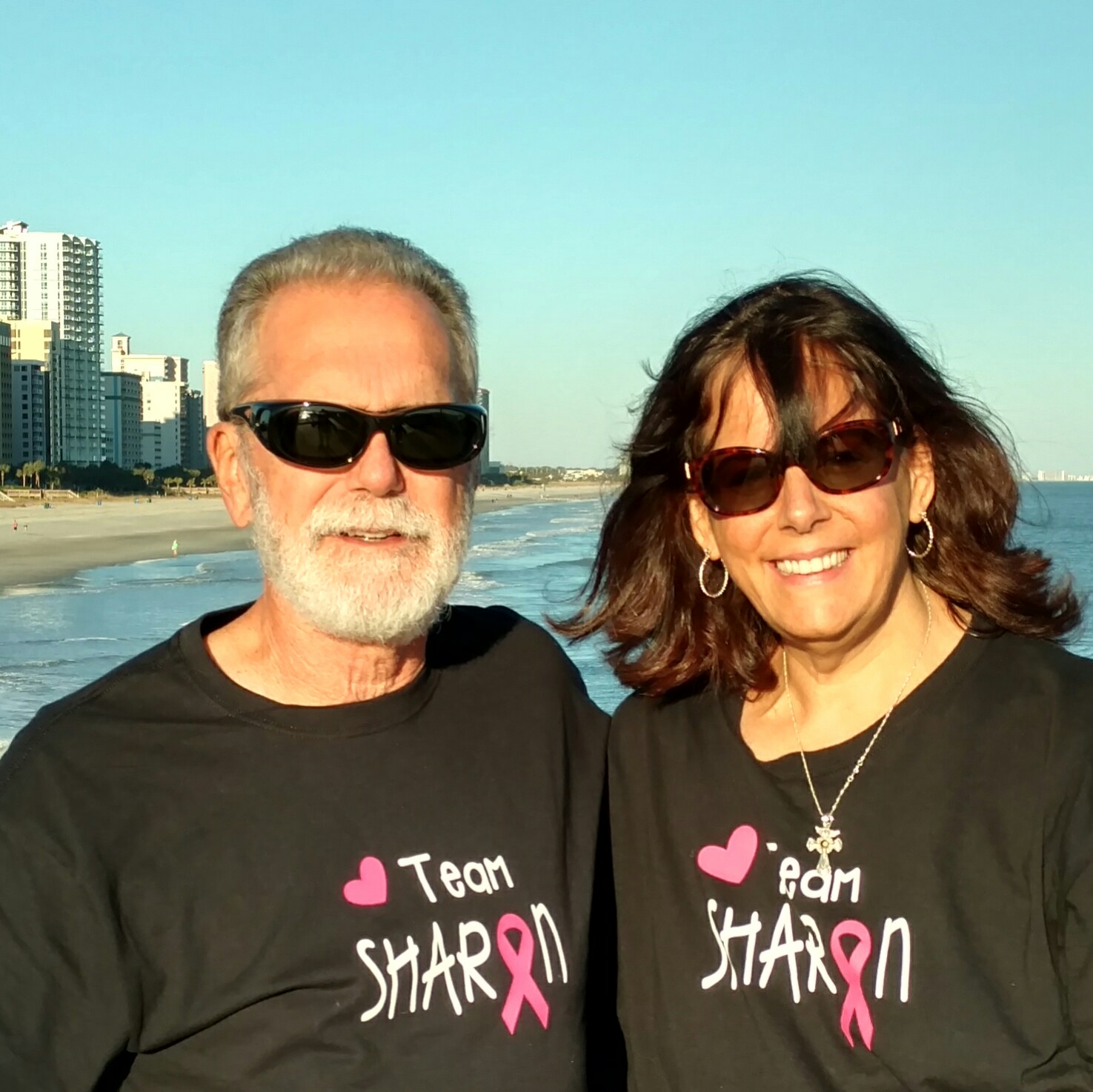Ovarian cancer complications
Ovarian cancer complications: The abnormal grow of cells

Ovarian cancer complications when it happens, the patient will need a lot of support from loved ones
Ovarian cancer complications occurs in women because they are the carries of the ovaries. This type of cancer comes about depending on the location, type and stage of the disease. When the malignant (cancerous) cells are found inside, near, or on the outer layer of the ovaries the individual will suffer such complications. As we progress, it is important that we define what an ovary is. Doctor Dalal Akoury MD, President and founder of AWAREmed health and wellness resource center explains that ovary is any of two small, almond-shaped body organs situated on each side of the uterus. Their primary function is the storage of eggs, germ cells, and also produces female hormones estrogen and progesterone. When there is the presence of abnormal growth of cells in this organ, the patient can be diagnosed with an ovarian cancer.
Ovarian cancer complications: Cancer basics
Basically and as already mention, cancer develops when abnormal cells in any part of the body which in our case, is in the ovary, begins to grow and multiply uncontrollably. This abnormal cell growth is common among all cancer types and needs to be monitored closely from time to time to help in early detection of any formation of cancer. And because the body is majorly formed of cells, these cells often separates or divide themselves to form new cells for various reasons including the replacement of old and worn out dying cells and also to repair any injuries. This unique nature of continuous growth and division, they are very distinct from other cells. That is to say, instead of dying out, they tend to outlive the normal cells and progressively create new abnormal cells which eventually forms tumor. When this happens, a lot of pressure is exerted on the organs closer to the ovaries causing further complications.
In many cases doctor Akoury explains, cancer cells move to other parts of the body, multiplying rapidly to replace normal tissue through a process known as metastasis. This occurs as the cancer cells move into the bloodstream or lymph system of the body. However, even with that understanding, it is important to note that cancer cells that spread from other body organ like the breast or colon to the ovary are not necessarily ovarian cancer. All kinds of cancers are determined by their place of original site of the malignancy.
Studies have established that women falling in the ages 35-74, are fifth leading in ovarian cancer related deaths. And studies has also established that for every 75 women, one will develop ovarian cancer during her lifetime. Interestingly, the American Cancer Society has estimated that there will be over 22,280 new cases of ovarian cancer diagnosed this year alone and more than 14,240 women will die from ovarian cancer this year. This is not meant to scare you, but to help you be on high alert because early detection of ovarian cancer and all other types of cancer, the treatment assurance is over 90%. Nonetheless, because of ovarian cancer’s non-specific symptoms and lack of early detection tests, about 20 percent of all cases are found early in stage I or II. But if detected in stage III or higher, the survival rate can be as low as 28%. Due to the nature of the disease, each woman diagnosed with ovarian cancer has a different profile and it is impossible to provide a general prognosis. You can always call us at AWAREmed health center for more clarification about these complicated health matters.
Ovarian cancer complications: The abnormal grow of cells



